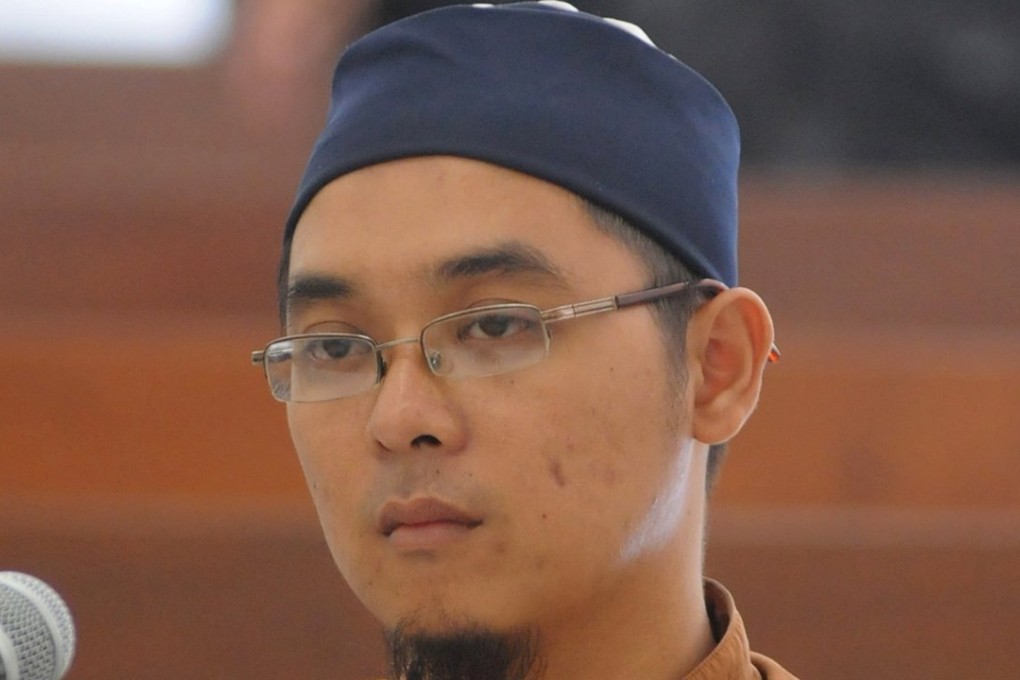Indonesian police on high alert as three-way power struggle between jihadists raises likelihood of further attacks
Competition among the Syria-based trio has kept police very busy in Indonesia, with militant activity spiking dramatically in recent months.

A power struggle among three Indonesian-born Islamic State (IS) militants in Syria could have a violent ripple effect in Southeast Asia, senior police warn, as a deadly game of one-upmanship threatens to cause more Jakarta-style attacks.
A crackdown in the wake of January’s gun and suicide assault on the Indonesian capital has uncovered a complex web of small militant cells working at the behest of competing ringleaders in Syria, shedding light on the nature of IS infiltration far from its Middle East heartland.
The trio in Syria – Bahrumsyah, Abu Jandal and Bahrun Naim – were all suspected of plotting attacks throughout 2015. Police initially fingered Naim – a high-profile extremist from Central Java known for his online radicalism – as the mastermind of last month’s outrage.
These three are competing to win praise from IS central command by undertaking attacks
Each of these influential figureheads has been encouraging their Indonesian cells to independently wage jihad back home, providing cash and guidance in the hope of impressing IS with a spectacular operation.
“These three are competing to win praise from IS central command by undertaking attacks,” Jakarta police chief Tito Karnavian, a seasoned frontline officer who helped dismantle Indonesian militant networks during the 2000s, said.
“Once they get it, they will be endorsed for the IS leadership for Indonesia, and with that comes money and power.”
Competition among the Syria-based trio has kept police very busy in Indonesia, with militant activity spiking dramatically in recent months. Police attention has shifted away from Naim to Aman Abdurrahman, a jailed ideologue linked to one of Naim’s competitors in Syria, and one of the first Indonesians to pledge allegiance to IS.
Abdurrahman’s success at home has increased pressure on his rivals to carry out attacks “as soon as possible”, the Institute for Policy Analysis of Conflict (IPAC) said in a February report.